
Edouard Cisse can still remember the surprise among Paris Saint-Germain’s star-studded squad in January 2001 when manager Luis Fernandez signed a teenager who had never played senior football on an 18-month loan.
“We wondered why he had gone looking for a kid like him,” Cisse tells The Athletic. “The first training session he made us understand why, no joke. He knew how to play the famous rondo and never went in the middle once.”
Advertisement
Holding your own in training is one thing, but debuting as an 18-year-old in the Champions League against Milan, whose players included Paolo Maldini, Demetrio Albertini, Andriy Shevchenko and Oliver Bierhoff, is another.
But Cisse remembers the moment he knew his new young team-mate, Mikel Arteta, his midfield partner in both games, was not going to be overawed.
“I remember the ball bouncing in the air towards him in the first minute,” says Cisse. “I tell him that he’s going to be pressed as I saw it was Gattuso and Ambrosini coming. But Mikel does a chest cushion then calmly puts the ball on the ground and shifts to one side.
“It was only a week or two after arriving but he was so impressive.”
When Arteta returns to the Parc des Princes on Wednesday for the second leg of Arsenal’s Champions League semi-final against PSG, it will be the biggest game of his managerial career and a homecoming.
The man who will be stood along from him on the touchline, Luis Enrique, will serve as a reminder of why he ended up in France rather than realising his dreaming of making the grade at the Nou Camp.
Arteta, who moved from San Sebastian to Barcelona at the age of 15, had worked his way into the B team, but was a victim of timing.
Enrique, Pep Guardiola, Phillip Cocu, Ivan de la Pena, Emmanuel Petit, Gerard Lopez, Simao, Boudewijn Zenden and Jari Litmanen were Barca’s established international midfielders back then, while older La Masia graduates Andreas Iniesta, Xavi Hernandez, Gabri and Sergio Santamaria were ahead of Arteta in the queue.
He faced up to reality quickly, sought clarity on whether he had a pathway to the first team under Louis van Gaal and made clear he would like to fly the nest if not. Paris and Parc des Princes is where Arteta’s senior career began.
“It was terrifying for me, it was for my family,” Arteta said ahead of the first leg, reflecting on his early playing career. “We were in Barcelona when we got the phone call: ‘You need to pack your bags and fly to Paris, now.’ I was 18 years old, had not played any professional football and you look at those names. ‘Are they sure?’
“Luis Fernandez was the one who believed in me. That is what you need, someone to give you the chance and to be surrounded by the right individuals. They protected me like a son. It was the perfect environment for me to see what I was capable of doing.”

Arteta playing against Milan (Tony Marshall/EMPICS/Getty Images)
In that same window, PSG signed Mauricio Pochettino from Espanyol, spent €20million (then $18.8m) on Inter’s Brazilian international Vampeta and another €5million on Newcastle left-back Didier Domi.
Those winter signings were preceded by summer arrivals including 21-year-old Nicolas Anelka from Real Madrid, Stephane Dalmat from Marseille and Frederic Dehu from Barcelona, prominent French internationals who were to be part of the Canal+ ownership’s strategy of aggressively pursuing the Ligue 1 title and Champions League glory.
Advertisement
Pochettino was instantly named captain by manager Fernandez. Goalkeeper Jerome Alonzo, who joined the club six months later along with Ronaldinho and Jay-Jay Okocha, recalls how a shy but well-mannered Arteta grew close to his captain and manager.
“Mikel had a lot of chats with Luis Fernandez. A lot,” he says. “Obviously, I couldn’t guess he would become the coach he is now but you had a lot of players who didn’t speak too much with him, it was just a player-coach relationship, but with Mauricio and Mikel it was something different. They were chatting a lot after training. It was really interesting to see their technical chats.
“Sometimes when the training was over they would be chatting on the pitch late in the evening. He was really interested in what you need to be a great player off the field and on the field. He was really fascinated by that. He was a very clever person and very mature. He was mature. You could not talk to your captain and manager for hours about tactics at 18 if you are not.”
Arteta brought this composure into his football and won his teammates, fans and the media over within a matter of weeks.
He learned how to speak French within months and, in his first full season, became part of what Alonzo affectionately called the Latino Mafia with three Brazilians, two Spaniards, two Argentinians and two Portuguese in the squad.
Arteta’s mother came with him initially and, as Cisse’s mother is from the Basque region, he understood the background Arteta had arrived from. “Let’s just say I know how the Basque people think,” he laughs. “I could see that football was everything to Mikel.
“He didn’t give a damn. It was that Basque character and pride. It is like Scousers versus Londoners, a question of culture.
“Mauricio took him under his wing and perhaps recognised himself in Mikel. He protected all the players, especially the young ones who wanted to work. Mikel always impressed me because he plays with warm blood and a cool head. The guy is a born leader. Period.”
Arteta picked out Pochettino as the person who helped him settle most. “He doesn’t like me saying it but to me, he was like a father,” Arteta said at the press conference before the first leg, which Arsenal lost 1-0 at home last month. “He took me under his arm, he gave me incredible advice and protected me, he inspired me and I learned so much in our two years together.”
Advertisement
Alonzo, the son of Fernandez’s long-term assistant manager Pierre Alonzo, believes Arteta found his perfect teacher in Luis Fernandez. As a fellow Spaniard it meant Arteta had someone to speak to early on, but Alonzo also felt he was mischaracterised as a ‘lord of war’ who was all about rallying cries and man management when he was tactically more astute than given credit for.
“Mikel was a boy with such intelligence,” Fernandez told The Athletic in 2023. “He adapted by being smart on and off the field. He’s someone who had a good etiquette, a good behaviour, always very respectful.
“(At PSG) we were asking him to receive the ball technically, to turn around, to play. By his qualities and his ease on the ball, he made things easy. He had the intelligence to pass well or to be a midfielder who imposed himself, in order to succeed.
“I was in a club where, as a coach, I was trying to set up a group of players to get along well, who want to play together, to have a good state of mind, a good mentality — in Ronaldinho’s first year with me, he was exceptional because he was world champion.
“The team had style on the pitch, they always met my expectations in relation to the system and the organisation. We were able to make them evolve and grow as players, so I am happy to have been able to help them and Mikel.”
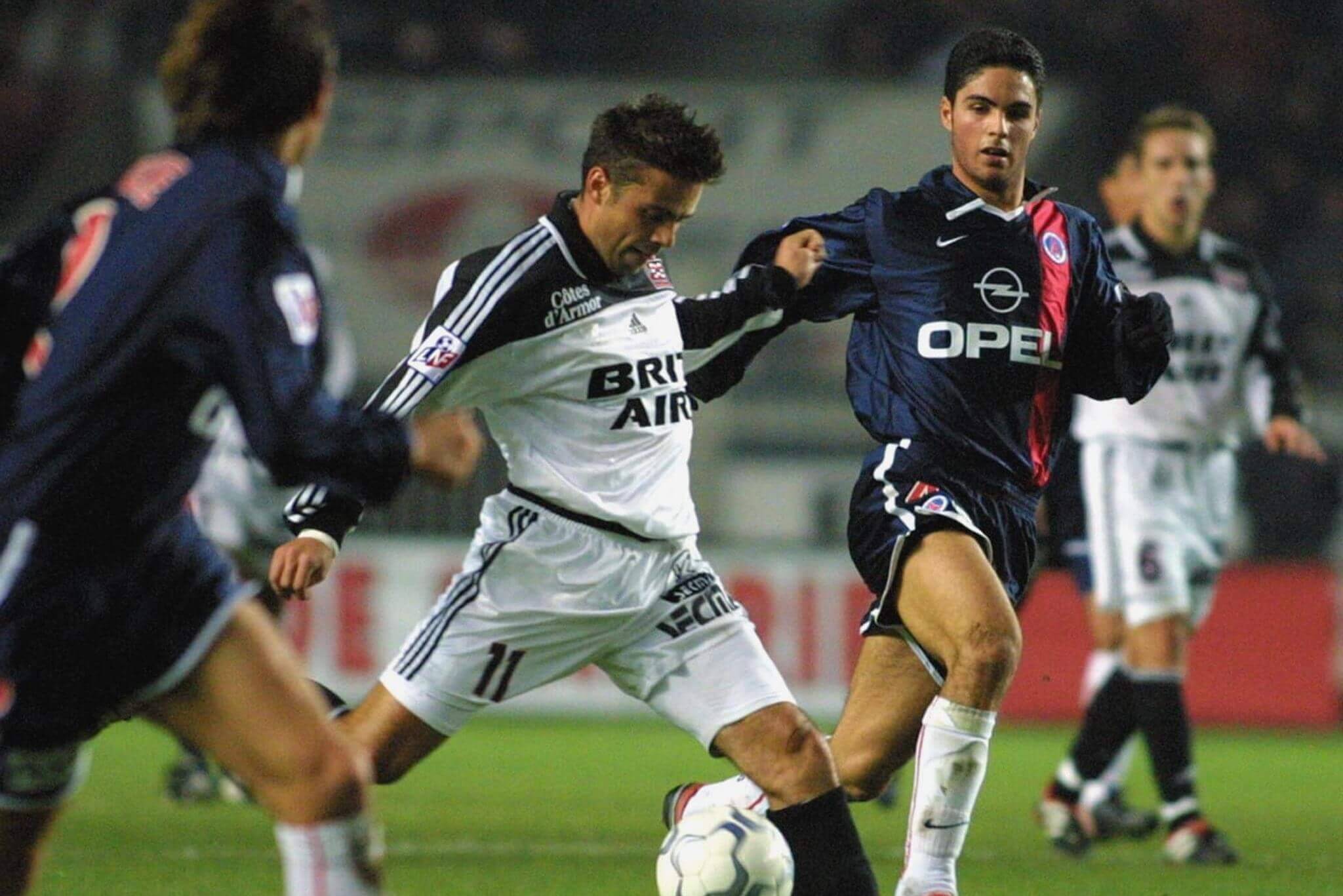
Arteta at the Parc des Princes in 2001 (Francois Guillot/AFP/Getty Images)
PSG did not achieve what their pool of talent suggested they should have, even if they won the Intertoto Cup in August 2001, defeating Roberto Baggio’s Brescia over two legs. They finished fourth in the league — eight points behind champions Lyon — and failed to win either domestic cup.
“I don’t have many regrets but the biggest regret of my career is that this team didn’t finish as champions,” says Alonzo. “Maybe it was because Ronny and Jay-Jay played one in every three games at their real level. If they had played at 80 per cent for all 38 games we’d have ended 10 points ahead of everyone. It’s just the way they are. You have artists in football and they don’t play fantastic very week.”
Advertisement
Arteta shared a room with Cisse on some away trips but he shared with Ronaldinho for the majority of the time.
“He had an aura, an energy, a smile on his face,” says Arteta. “It was impossible to be next to him and be in a bad mood. I’d never seen talent like this. In training, in every drill, it was like: ‘How is this possible?’ Physically, it’s impossible to do certain things. It was unbelievable to play with him.”
UEFA Cup qualification via the Intertoto Cup saw them drawn against Scottish champions Rangers in the third round, featuring Stefan Klos, Lorenzo Amoruso, Arthur Numan, Barry Ferguson, Claudio Reyna, Ronald de Boer and Tore Andre Flo.
Arteta had grown into such a central figure in the PSG team that when Dick Advocaat asked chief scout Ewan Chester for the lowdown, the answer was that Arteta was their most influential player. After two goalless draws, Rangers went through on penalties with Arteta converting PSG’s third kick.
PSG had an option to sign Arteta permanently but Rangers had admired Arteta’s composure at a raucous Ibrox and sealed a £6million (then $8.8m) deal to bring him from Barcelona.
“When he left the team, wow, the midfield was empty without him,” says Alonzo. “You could feel it and he was only 18 as he was running all game. When a player so young leaves a hole like that, you knew he would have a great career. I remember saying to myself: ‘If he goes back to Barcelona, Real Madrid or Chelsea, OK, but Rangers?’
“I’m sure like always, like a chess player, he knew before everyone what he wanted to do next.”
Arsenal will hope Arteta has one more surprise plan up his sleeve to reverse the deficit on Wednesday.
(Top photo: Mikel Arteta as a player for Paris Saint-Germain; by Phil Walter/EMPICS via Getty Images)
This news was originally published on this post .




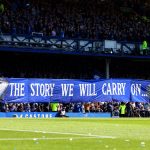
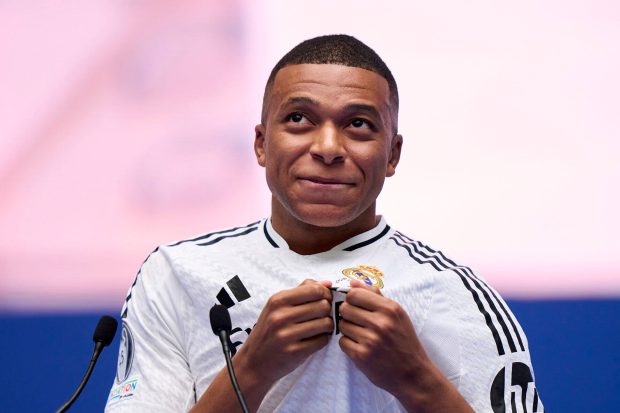
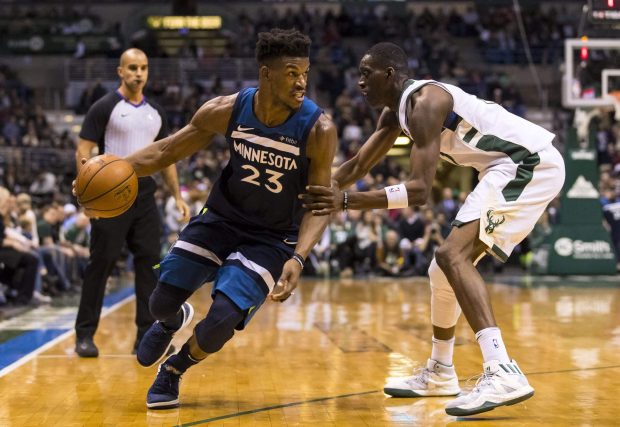

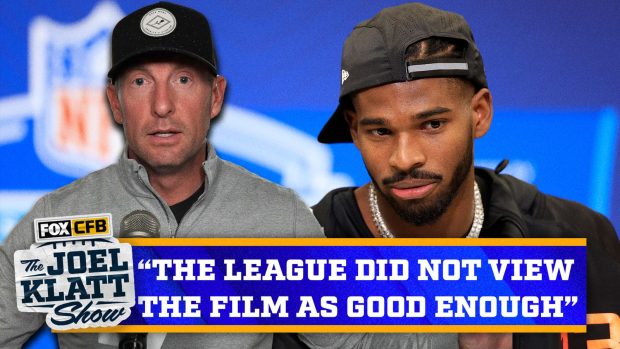
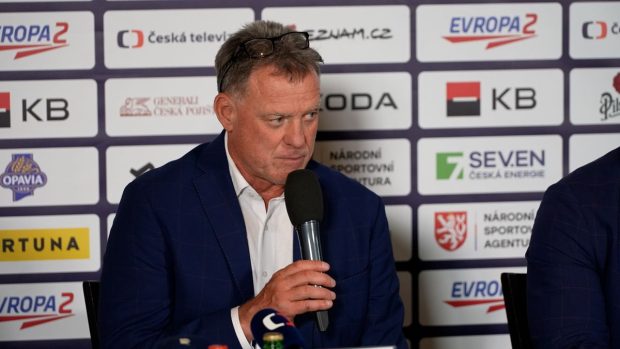
Be the first to leave a comment